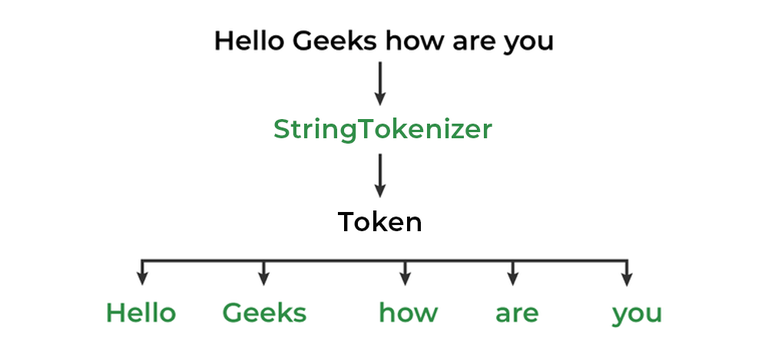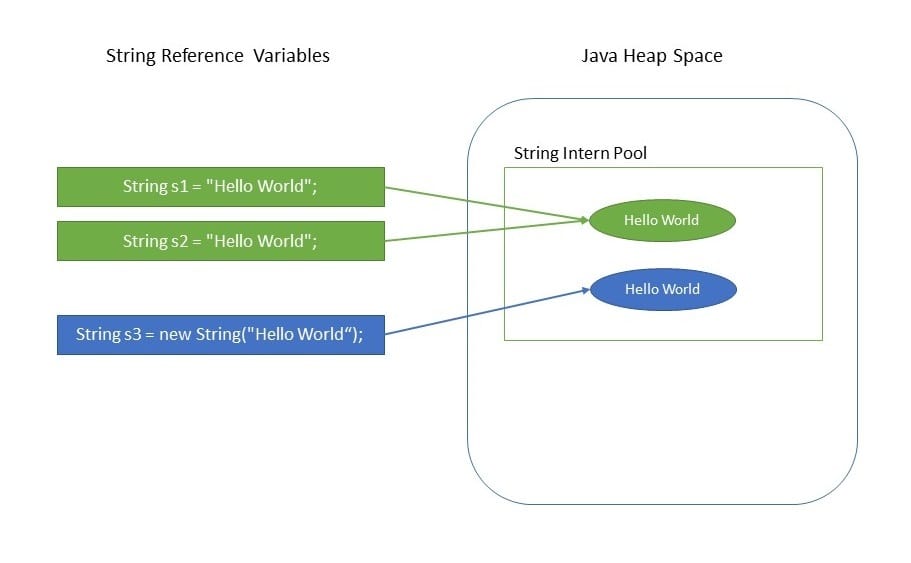What Is Immutable Strings and Just How It Works
In the world of shows, comprehending the principle of unalterable strings is paramount for creating secure and durable applications. Unalterable strings describe strings that can not be modified after they are developed, ensuring data integrity and predictability within the code. This essential concept plays a vital role in various shows languages and provides an unique method to managing information. By exploring the details of exactly how unalterable strings function, one can discover a world of advantages and possibilities that can elevate the high quality and effectiveness of software advancement.
The Fundamentals of Unalterable Strings
Immutable strings, as a basic concept in programming, are character series that can not be transformed once they are produced. This indicates that as soon as a string is assigned a value, that value can not be altered. In languages like Python and Java, strings are unalterable items, resulting in various ramifications in regards to memory monitoring and data stability.
One of the vital benefits of immutable strings is that they provide a feeling of safety and security in data manipulation. Given that the material of an immutable string can not be changed, it makes sure that the original data stays intact, minimizing the danger of unintended adjustments throughout program implementation (Why are strings immutable in Java?). This home additionally simplifies debugging processes, as programmers can rely on that as soon as a string is specified, its value will not be inadvertently altered
In addition, immutable strings assist in effective memory use. When a new string is produced based upon an existing one, instead of modifying the initial string, the new value is stored individually. This technique boosts performance by minimizing memory fragmentation and simplifying memory allotment procedures. In general, understanding the basics of immutable strings is vital for grasping programming principles and optimizing code effectiveness.
Advantages of Immutable Strings
Structure upon the safety and security and efficiency advantages of immutable strings, their advantages encompass enhancing code integrity and simplifying simultaneous shows tasks. By being unalterable, strings can not be modified after development, which eliminates the danger of unplanned adjustments in the information they store. This integral immutability ensures that once a string is created, its worth stays constant throughout the program's implementation, reducing the chances of bugs brought on by unanticipated changes.
In addition, immutable strings add to code dependability by making it much easier to reason regarding the state of a program. Given that strings can not be altered, designers can trust that a string will certainly constantly hold the same worth, simplifying debugging and maintenance initiatives. This predictability results in much more steady and dependable codebases.

Execution in Shows Languages
Within various programs languages, the consolidation of immutable strings is a fundamental element that influences how information is managed and adjusted within code frameworks. The implementation of unalterable strings varies throughout different shows languages, with each language using its very own devices to sustain this principle.

In contrast, languages like C and C++ do not have integrated support for see here now immutable strings. Developers in these languages should by hand carry out immutability by implementing policies within visit their code to avoid direct modifications to string objects.
Ideal Practices for Functioning With Immutable Strings
When dealing with immutable strings in programs languages like Java and Python, sticking to ideal methods guarantees safe and secure and reliable information manipulation. One of the vital ideal practices is to utilize StringBuilder or StringBuffer rather than directly manipulating strings, specifically when handling extensive concatenation procedures. These courses supply mutable choices for string control, aiding to avoid unneeded memory allowances and enhancing performance.
An additional ideal method is to utilize string interpolation or formatting operates supplied by the language rather than hands-on concatenation. This not just enhances readability but also aids in protecting against common mistakes such as unintended string modifications. Furthermore, when collaborating with sensitive data such as passwords or API keys, it is essential to prevent saving them as plain text in unalterable strings. Utilizing safe and secure storage systems like char arrays or specialized collections for dealing with delicate information assists minimize safety risks linked with unalterable strings.
Real-world Applications and Examples
Exploring useful implementations of immutable strings in different markets discloses their significant influence on information integrity and system reliability. In the healthcare market, immutable strings play a crucial function in making certain the security and confidentiality of patient data. By preventing unapproved modifications to sensitive info such as clinical records and prescriptions, unalterable strings aid maintain conformity with rigorous privacy regulations like HIPAA.
Banks additionally take advantage of the unalterable nature of strings to improve the safety and security of customer data and purchase records. Immutable strings aid prevent scams and unauthorized changes to monetary info, providing a robust defense versus cyber YOURURL.com threats and making certain the depend on and self-confidence of clients.

Conclusion
In final thought, unalterable strings are repaired and stable sequences of personalities that provide advantages such as thread security and enhanced performance in shows. They are implemented in different programs languages to make certain data integrity and safety and security. Finest practices for collaborating with immutable strings consist of preventing direct alterations and making use of methods that return new string objects. Real-world applications of unalterable strings include data encryption, caching, and string control tasks.
Unalterable strings refer to strings that can not be altered after they are created, making certain information stability and predictability within the code. When a new string is created based on an existing one, rather than modifying the original string, the new value is saved independently.In languages like Java and Python, strings are immutable by default, meaning that once a string things is produced, its value can not be transformed - Why are strings immutable in Java?. Best methods for working with immutable strings include avoiding straight alterations and utilizing techniques that return new string items. Real-world applications of immutable strings consist of data security, caching, and string adjustment tasks
Comments on “Why Are Strings Immutable in Java? Safety And Security and Performance Advantages”